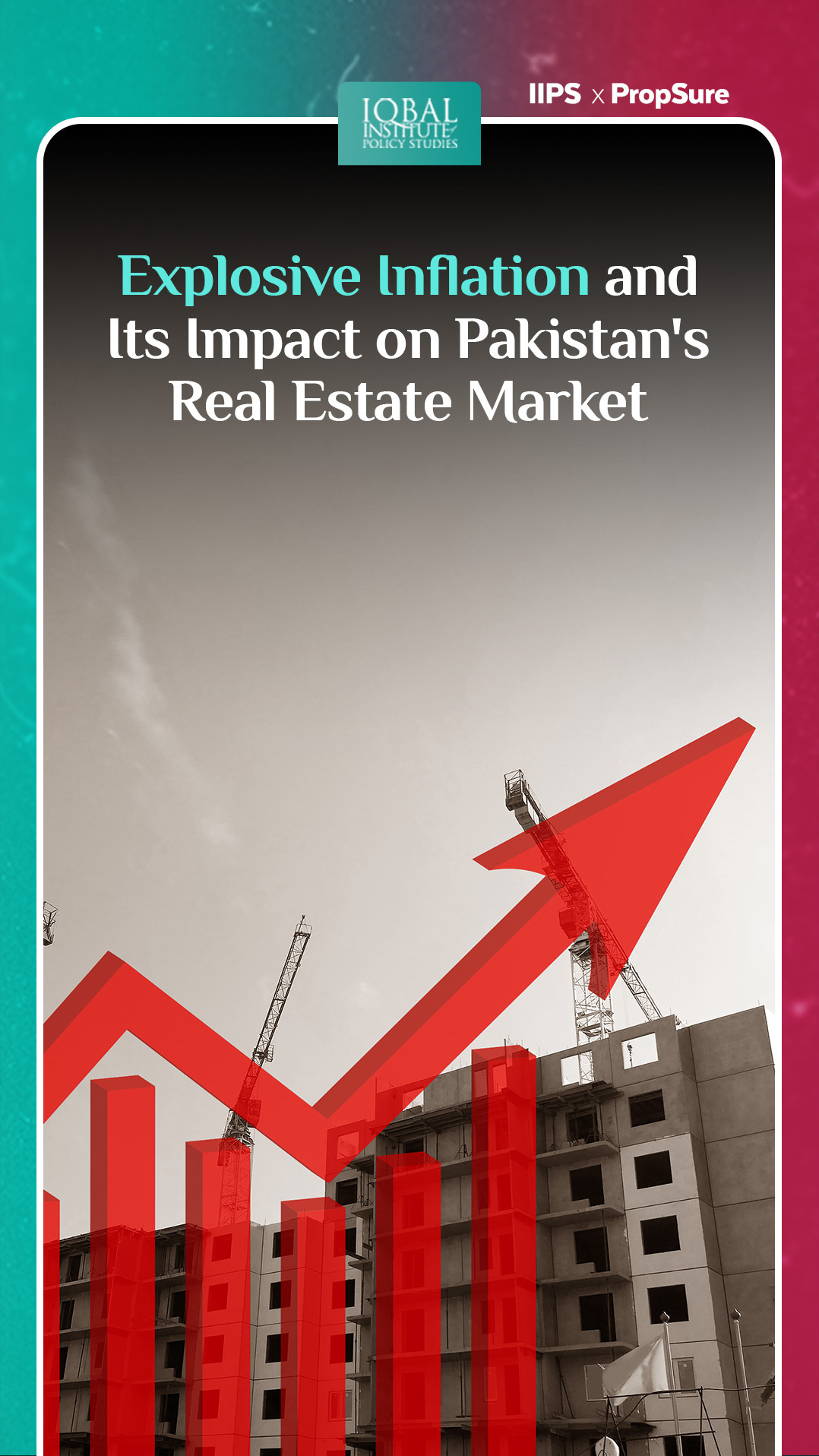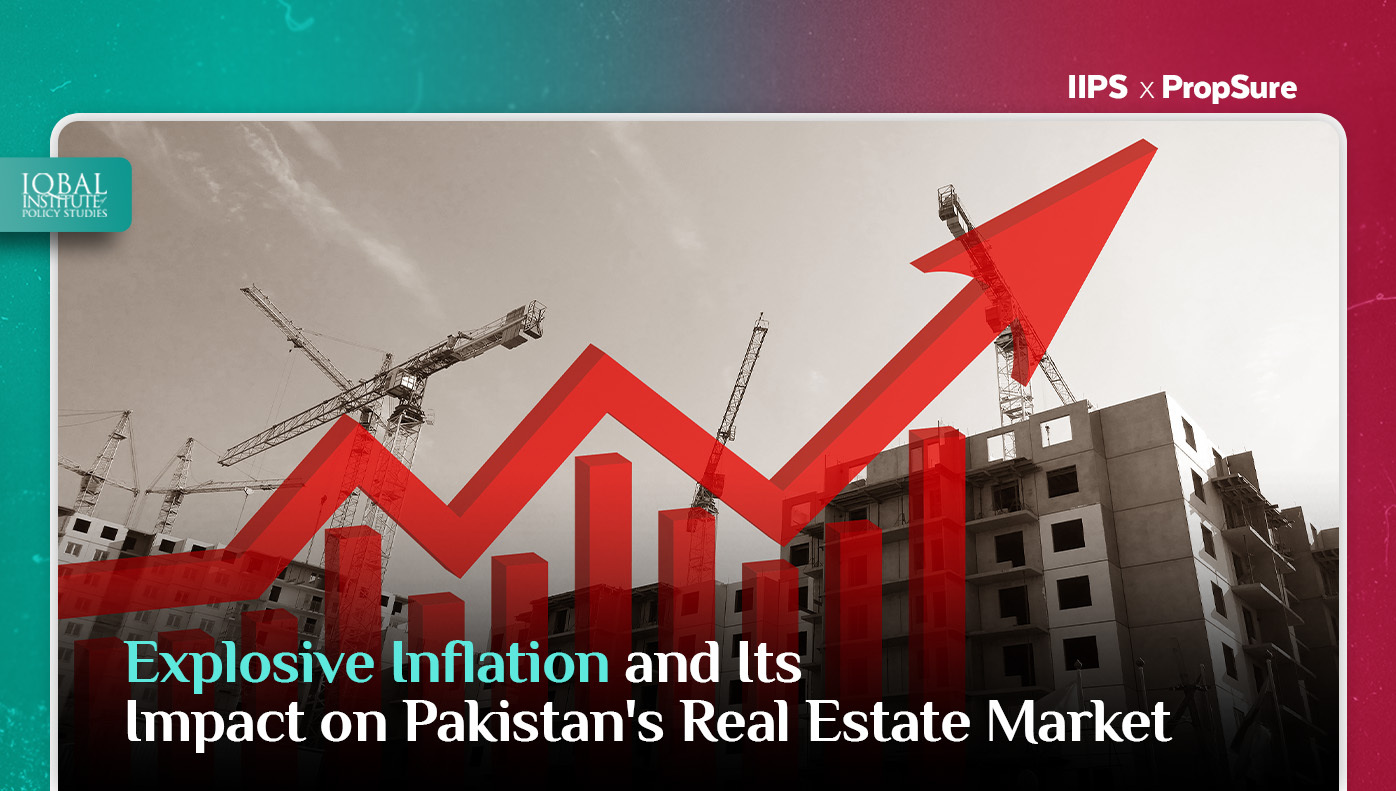Cost-of-living crises have never been so intense in the country’s lifetime. The scale and magnitude of the diminishing purchasing power during the past year are unprecedented. This unparalleled decline in living standards is causing immense distress amongst the general public. With inflation touching a terrible mark of 29%, the purchasing power of a Pakistani, having an income of one hundred thousand a year ago, has reduced to Rs 71,000. The economic meltdown and hyperinflation have caused unemployment to sweep across the country, making every sector of the economy bear the brunt. These economic downturns have had a brutal impact on the lives and livelihoods of fellow citizens across every economic stratification despite these economic indicators being unable to comprehend and gauge the complete enormity of the effect. It is extremely disturbing to note that some of these adverse impacts will persist and cause many households to be impoverished. Intergeneration poverty, poor learning outcomes, malnutrition, public health issues and the shrinking middle class are the few pernicious outcomes this inflation is ultimately morphing towards.
Against this backdrop, it will endeavour to map the explosive inflationary impact on the country’s real estate sector. It is vital to see the correlation between inflation and the real estate market in Pakistan to understand the dynamics of the real estate market in the hyperinflation era.
Inflation generally leads to an increase in property prices over time. As the overall cost of living rises due to inflationary pressures, land, housing, and commercial properties increase while compromising affordability. Inflation can also have mixed effects on investment returns in the real estate market. On the one hand, if property prices rise faster than the inflation rate, investors can benefit from capital appreciation. However, if inflation outpaces property value growth, the real return on investment may diminish. According to an estimate from the data of Graana.com, an online property portal, the price of houses in Pakistan has witnessed a surge of up to 18% in the last six months. Additionally, an increase of 35% has been observed since 2022, with an increase of up to 60% between 2020-2022. Therefore, inflation has still not outpaced the property value growth, which may have resulted in decreased returns on real estate investments.
Regarding financing costs, it is important to know that inflation can impact borrowing costs and mortgage rates, directly affecting real estate purchases’ affordability. If inflation leads to higher interest rates, it becomes more expensive for individuals and businesses to finance property purchases. This can dampen demand and slow down the real estate market. With the rise of key interest rates by 100bps to 21%, the Central Bank of Pakistan has pushed borrowing costs to the highest levels, subsequently affecting real estate purchases.
It is highly understandable to denote that inflation affects the cost of construction materials, labour, and other inputs. As prices of raw materials, such as cement, steel, and lumber, increase, it becomes more expensive for developers and builders to construct new properties. This can lead to higher construction costs, being passed on to buyers or may have a limiting effect on development activity. The outcome can easily be foreseen with a massive increase in construction materials like cement and steel, witnessing 120% and 170% increases in the last three years.
Moreover, it is also pertinent to note that inflation can impact the rental market in multiple ways. Landlords trying to offset higher costs, such as property taxes, maintenance, and utilities, may result in increased rent prices and the subsequent impact on tenants’ affordability of rental properties. In addition, rental rates may not always keep pace with inflation if tenant incomes do not rise proportionately, leading to potential affordability challenges. As per the estimates, rental prices in Pakistan have surged up to 13% in the last six months. Additionally, an increase of 30% has been observed since 2022, along with an increase of up to 62% between 2020-2022, which reflects an affordability crisis for the tenants.
Inflation can influence investor sentiment and risk appetite in the real estate market. As property values tend to appreciate over time, real estate has been traditionally considered a hedge against inflation. However, high inflation rates like ours can seriously cause uncertainty in the market that always leads to cautious investor behaviour and decreased investment activity. On top of that, government policies to control inflation can have significant indirect effects on the real estate market. By tightening monetary policy and strict lending regulations, the government can impact interest rates, liquidity, and overall economic stability, which can, in turn, influence real estate market dynamics where Pakistan is no exception. In a nutshell, it is not easy to measure the precise impact of inflation on the real estate about the complexity of varying factors, including inflation rate, overall economic conditions, government policies, and investor behaviour putting their respective weight upon the market dynamics where local market conditions and regional factors also play a crucial part.
This article is written by Syed Mubasher Gillani. Mubasher is a Content Writer at the PropSure Digital Solutions Pvt Limited.



Leave a Reply